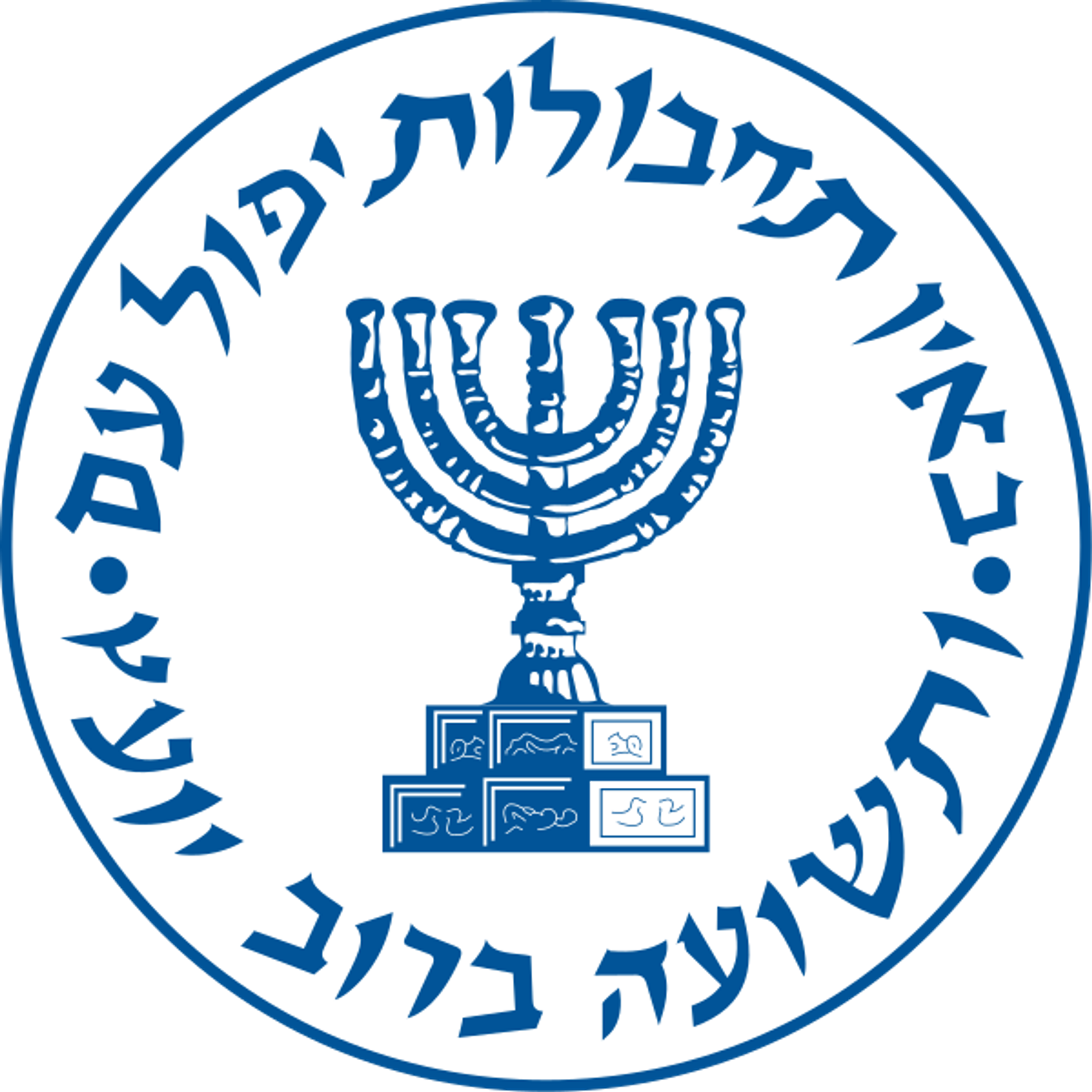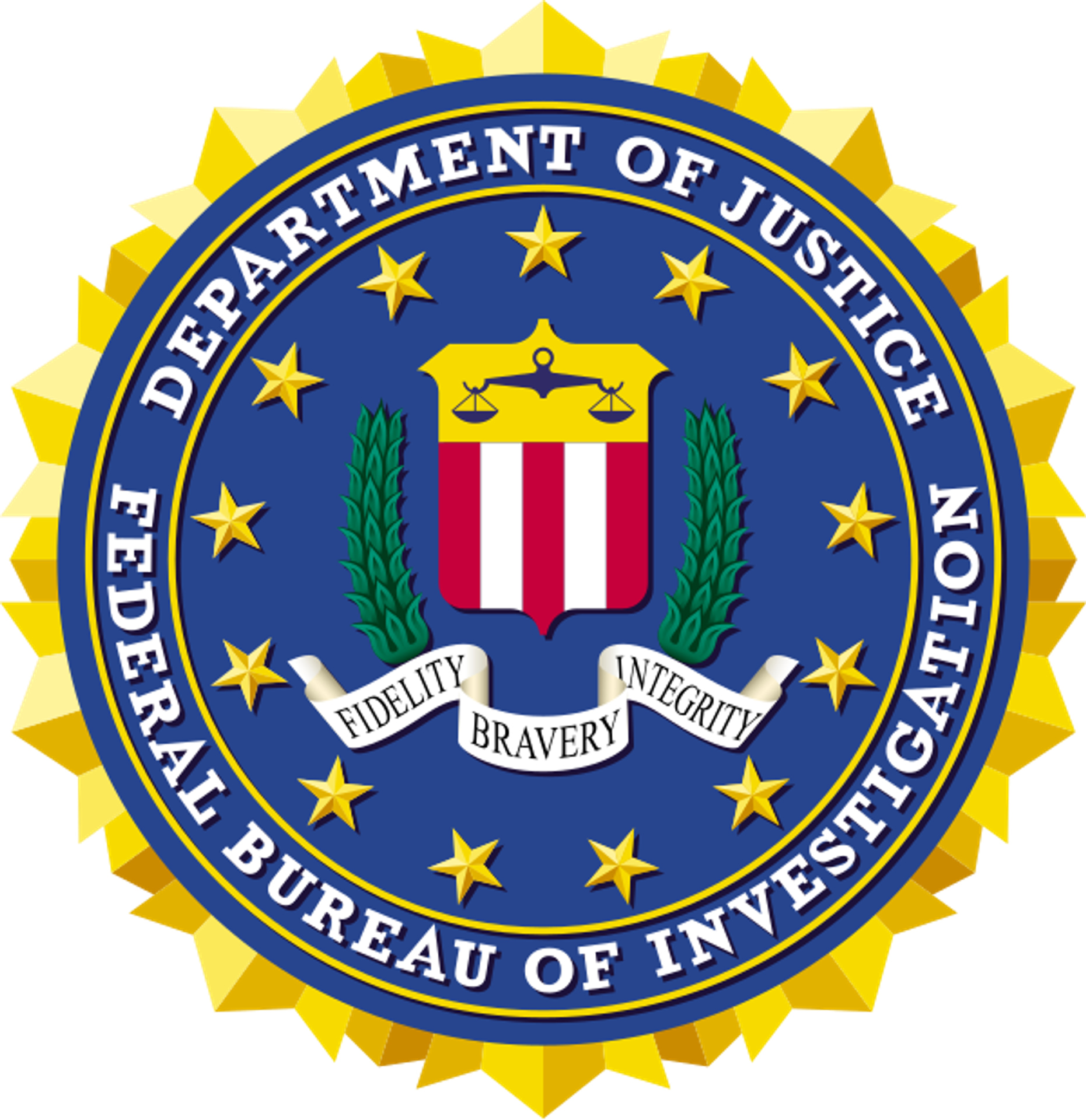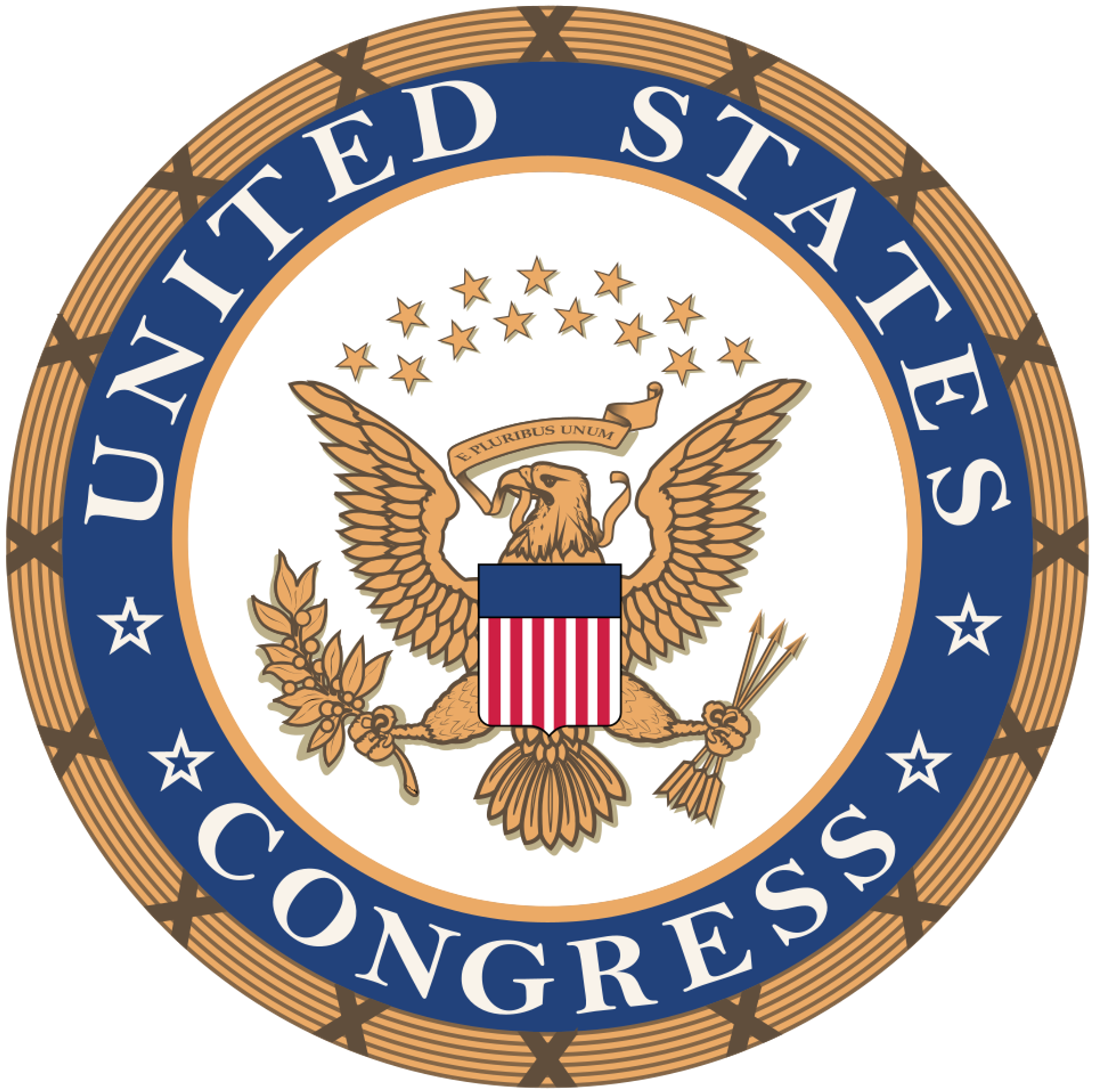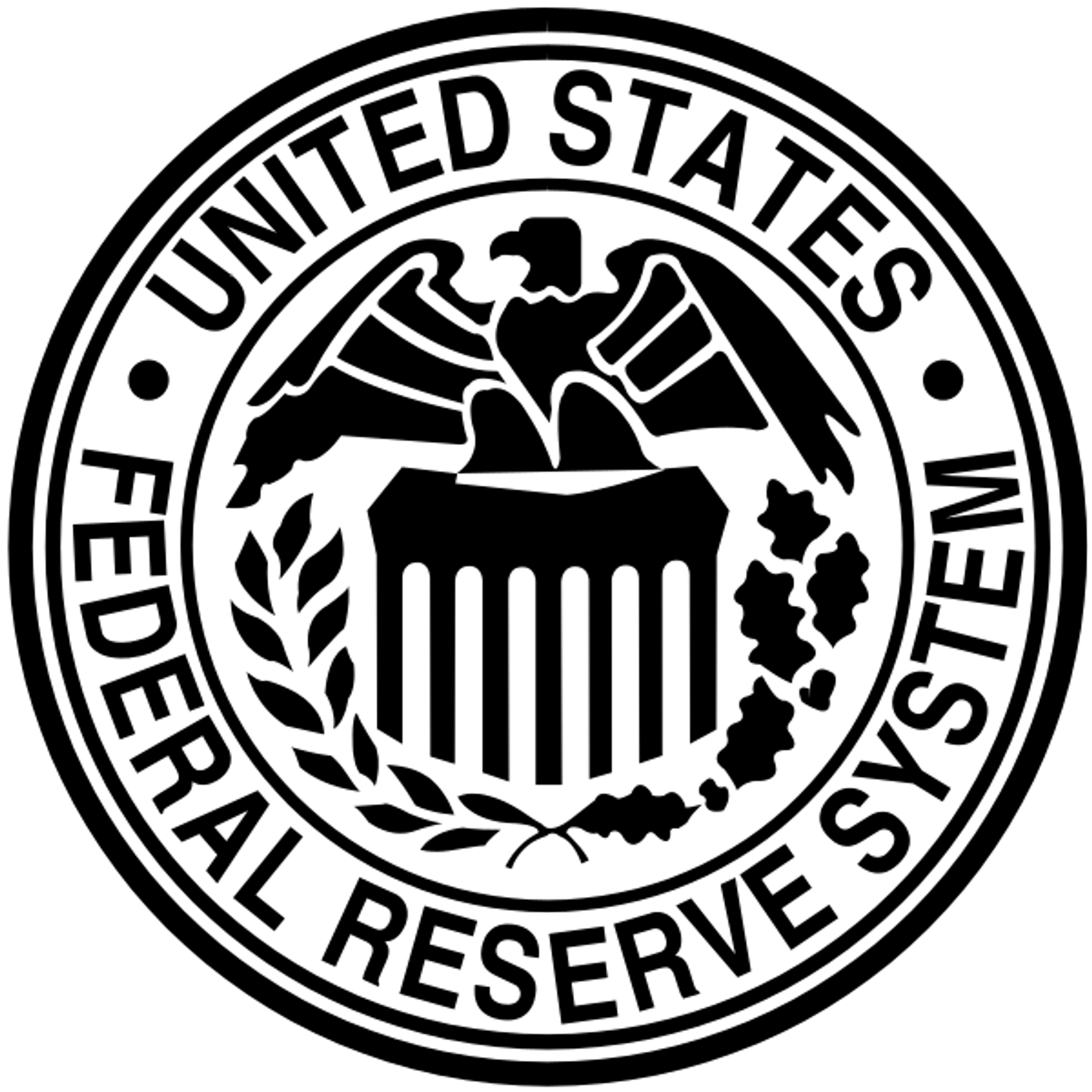
Mossad
What do people say about Mossad?
In the United States, Mossad is perceived primarily as a secretive and controversial intelligence agency. There is little overt positive portrayal; instead, it is often associated with covert operations and geopolitical tensions. Discussions lack nuance and tend to focus on conspiracy theories or critical views of Israeli politics. The agency's role is acknowledged but seldom praised, reflecting a perception rooted in wariness and skepticism. Overall, Mossad is seen less as a heroic intelligence service and more as a mysterious actor with questionable methods.
Where are the conversations happening?
Since no specific channels or sources are provided in the segments, it is clear that Mossad does not frequently surface in mainstream U.S. media discourse. Where it does emerge, it is often in critical contexts such as investigative journalism or opinion pieces that question its operations and ethics. Channels with a focus on geopolitical analysis or Middle East coverage are likely the most critical, but without explicit sources, this analysis remains generalized.
What are the topics trending around Mossad?
Emerging trends include increased scrutiny of international intelligence alliances, Israel's geopolitical strategies, and covert operations in the Middle East. These topics are often linked to debates on national security, ethics, and the legality of intelligence methods.
Why are these topics trending?
These trends arise due to ongoing conflicts in the Middle East, shifting U.S.-Israel relations, and global concerns about espionage and interventionism. Mossad, as a key player in these areas, remains central to discussions about intelligence transparency and accountability.
How is Mossad being talked about?
Detailed breakdown of public sentiment and conversations about this entity.
Impact vs Sentiment
See how each entity's high impact percentage relates to their positive sentiment percentage from actual mentions.




